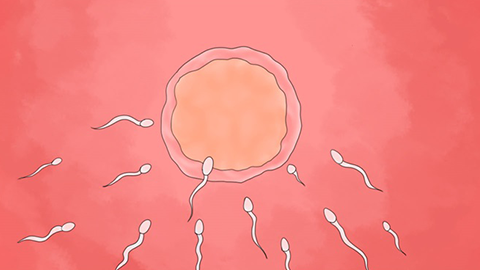How long does it take for a fertilized egg to implant?
Under normal circumstances, after the formation of a fertilized egg, it usually takes 6-8 days to complete implantation. The specific duration may vary slightly among individuals due to factors such as the developmental speed of the fertilized egg, the function of the fallopian tubes, and the condition of the endometrium, although most fall within this range. A detailed analysis is as follows:

From a physiological perspective, after the egg combines with the sperm in the fallopian tube to form a fertilized egg, it begins to divide and move toward the uterus, a process that takes about 3-4 days. During this time, the fertilized egg gradually develops from a single cell into a blastocyst. Once reaching the uterine cavity, the blastocyst will remain there briefly for 1-2 days, adapting to the environment and continuing its development. It then begins attempting to penetrate the endometrium, a process that takes about 1-2 days. Once this penetration is completed, successful implantation is marked, making the total time about 6-8 days. If the development of the fertilized egg is slower than usual, or if delayed arrival into the uterus occurs due to slightly slower fallopian tube peristalsis, implantation may be postponed by 1-2 days.
In daily life, individuals preparing for pregnancy do not need to deliberately monitor implantation timing, as excessive focus may instead increase psychological stress. Maintaining a regular routine, balanced nutrition, avoiding strenuous exercise and excessive fatigue, and creating a favorable physical environment for the development and implantation of the fertilized egg are more conducive to achieving a successful pregnancy.







